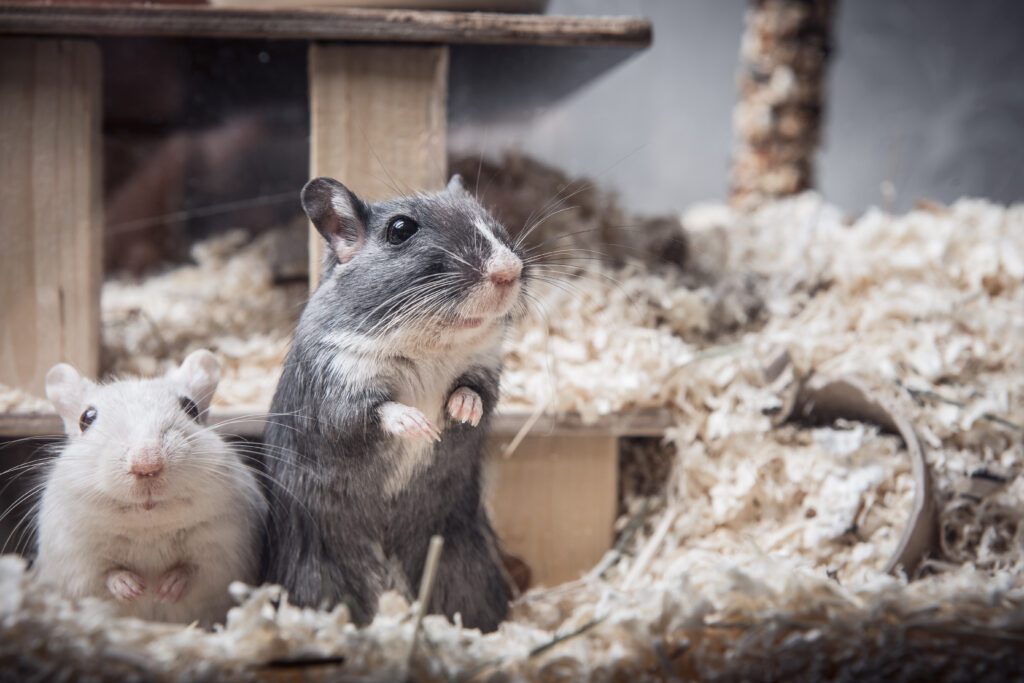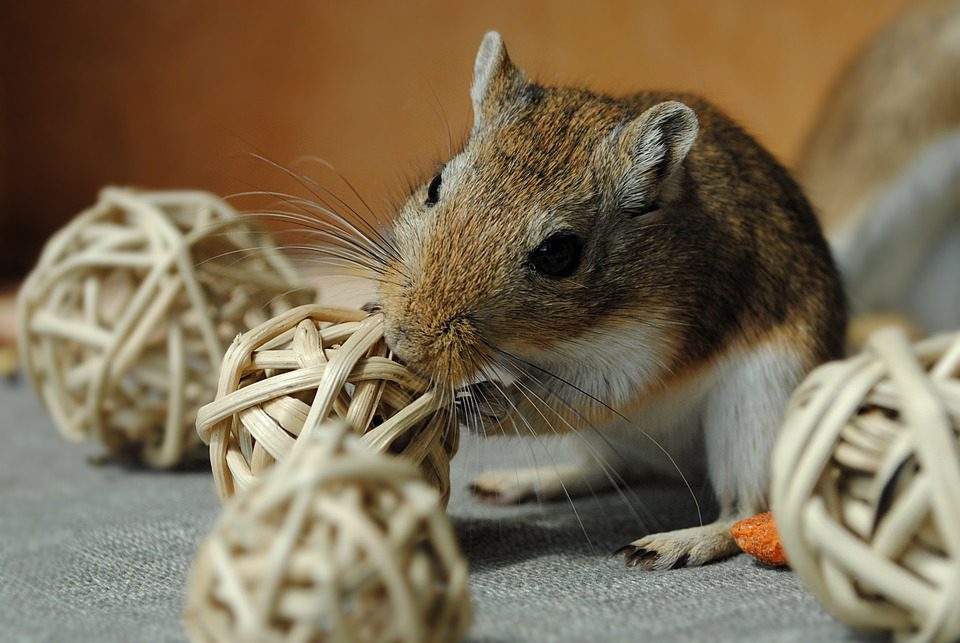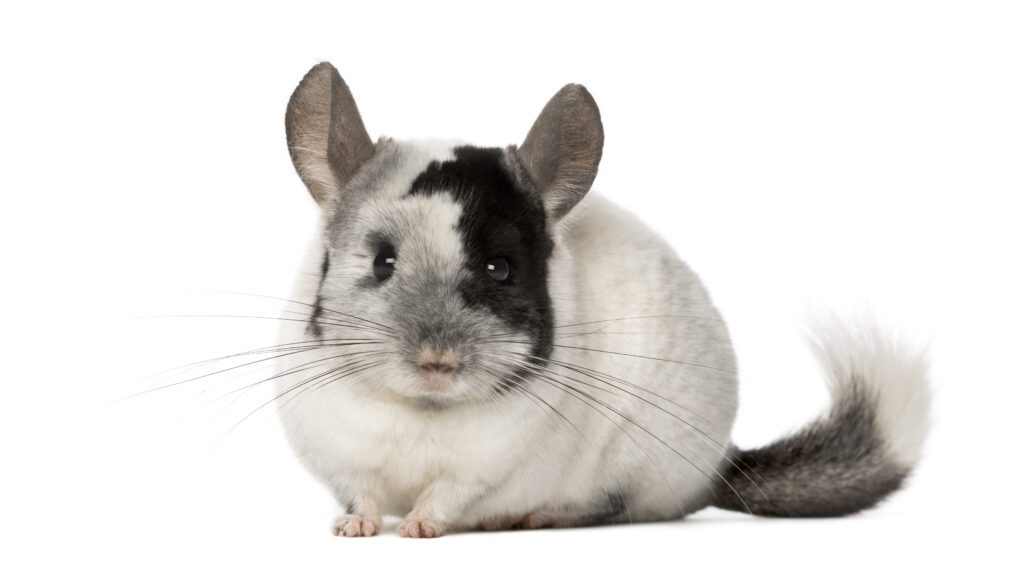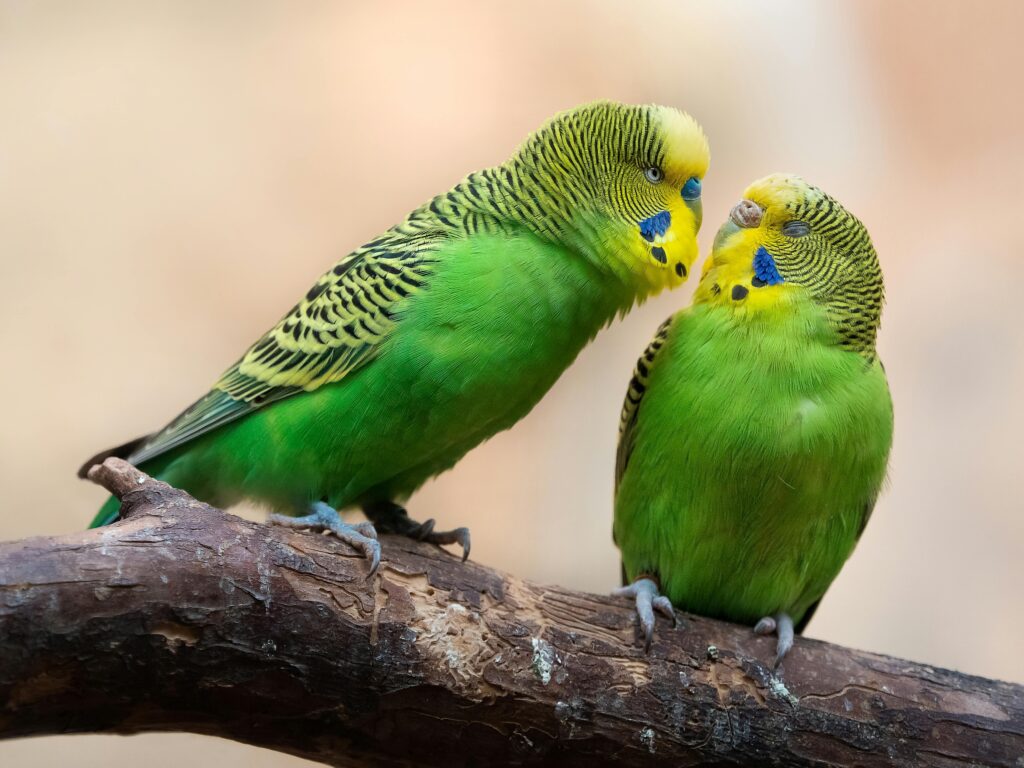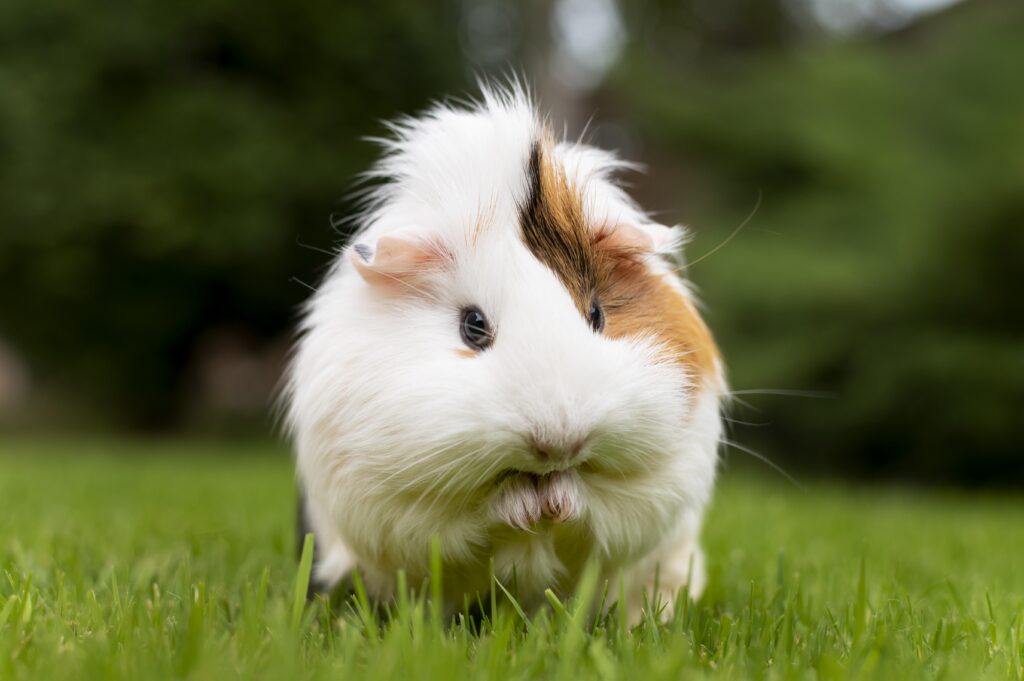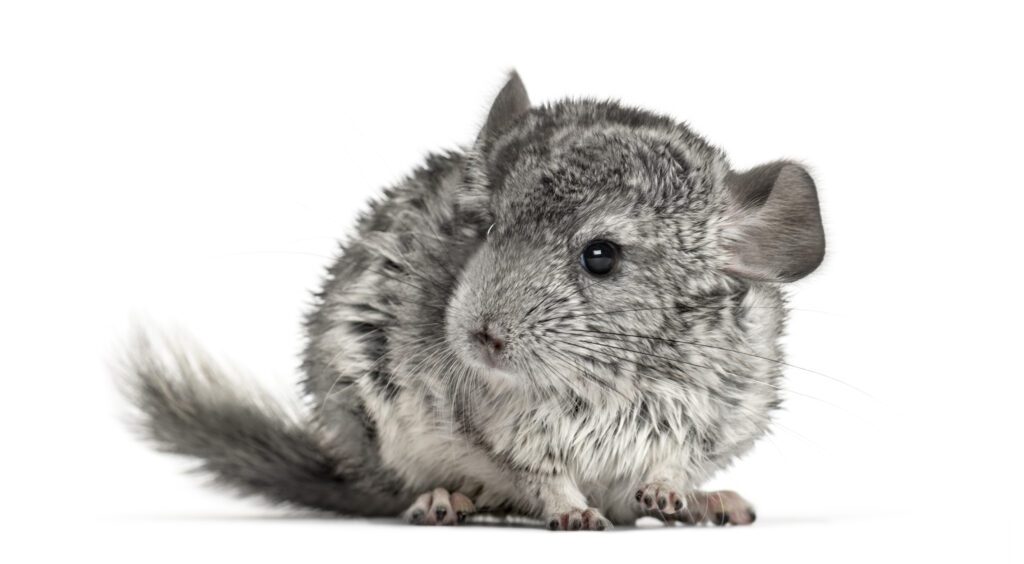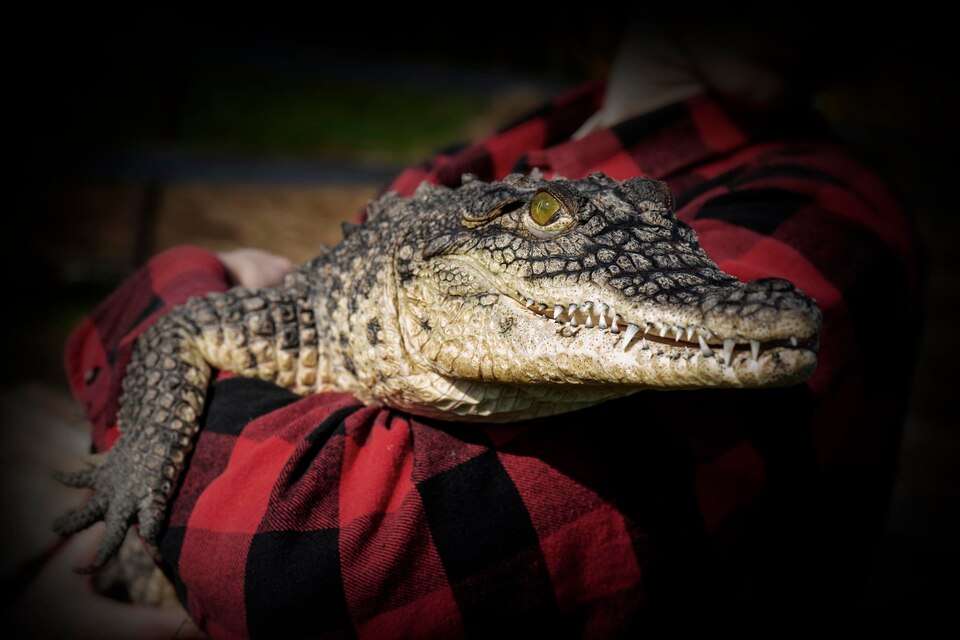
TOPICS COVERED
ToggleIntroduction
Uncommon pets refer to animals that cannot be considered house pets because they are unusual or unconventional. It is beyond ordinary family pets such as dogs, cats, or fish. Such might be exotic animals, like reptiles, insects, amphibians, rodents, or even the kind of birds distinguished by their special features.
Different people have different reasons for choosing uncommon pets. Some people are simply attracted to how rare an animal is, while others are attracted to the uniqueness of the animal in terms of personality or care. Uncommon pets can bring about some rather rewarding experiences, but they usually demand much more specialized care, specific environments, and attention to legality because some animals may be restricted or require permits.
Benefits of owning Pets
1. Pets Can Keep Us Active
If you have a pet, dogs in particular, you’ll be motivated to take walks, play, and engage in physical activities. Such kind of a life is a good way to stay fit and keep healthy in general. In addition, moving along with pets tends to limit time spent sitting hence prevention against cardiovascular diseases owing to some fitness goals that control body size.
2. Pets Can Reduce Feelings of Loneliness
Pets give regular companionship to reduce loneliness. Having a pet nearby provides emotional help and makes one feel close, especially if such a person lives solo or experiences difficulties. With unconditional love and care that pets give their owners each day, can lead to better emotional health.
3. Pets Can Lower Blood Pressure
Interaction with pets relaxes the body and therefore manages blood pressure levels. According to research, petting, stroking, or merely interacting with animals reduces stress hormones and creates a sense of relaxation. This physiological response helps support heart health and wellness in general.
4. Pets Can Add Meaning and Purpose to Our Lives
Nurturing a pet creates a feeling of duty and a goal to achieve. Routine chores in pet care like feeding and brushing make life look organized, and they also promote a sense of connection and importance. This meaningfulness that it brings can lead to a more fulfilling experience resulting in increased satisfaction with life in general.
5. Pets Can Boost Our Heart Health
The existence of pets has been associated with the enhancement of good heart health. Close contact with animals will make one less tense, as it leads to a decrease in stress levels as well as the reduction of blood pressure hence quicker lifestyles. Together, these factors improve cardiac health by lessening the likelihood of getting cardiovascular diseases.
6. A Pet Helps Relieve Stress
One way of relaxing is by spending time with animals. Their physical presence and fond gestures might result in decreased cortisol while promoting peace and quietness. Also, participating in an activity with an animal can help one handle his/her emotions better, as it provides some relief from daily hassles.
7. Boosts Immunity
Pet’s exposure can make the immune system strong, in particular when exposed early. Infants who grow with animals might suffer from fewer cases of allergy and asthma, according to research. Exposure to good bacteria through pets is among the ways that may enhance a person’s immunity in general.
8. Mental Health
For instance, pets may reduce levels of anxiety, as well as afford friendship, which can be associated with the general moods that help increase the moods; further, they offer emotional support that tends to reduce symptoms of depression and anxiety. On top of that, giving attention to pets often contributes to mental well-being enhancement and emotional equilibrium.
9. Pets Can Make Us Feel Safe
Relationships between pets and owners are special and pets always make people feel comfortable and happy. They usually make great companions because they provide people with unfailing love without expecting anything in return. Pets are the most faithful friends humans can have, they are always there for us when we are alone, sick, or even sad.
10 The Most Uncommon and Peculiar Pets
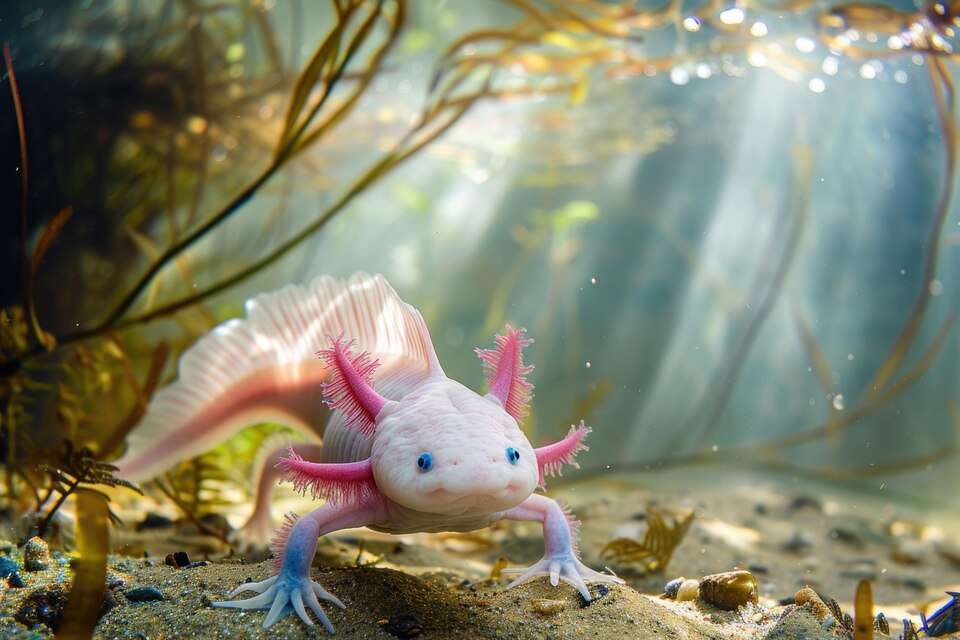
1. Axolotl
The axolotl is the common name for a walking fish, an amphibian whose most noticeable features are its regeneration abilities with limbs and a constant smile on its face. This one-of-a-kind animal does quite well under very precise water conditions and needs consistent environmental control if kept as a pet at home.
Axolotls are quiet and low-maintenance compared to some pets but do require proper filtration, temperature control, and a well-balanced diet to stay healthy.
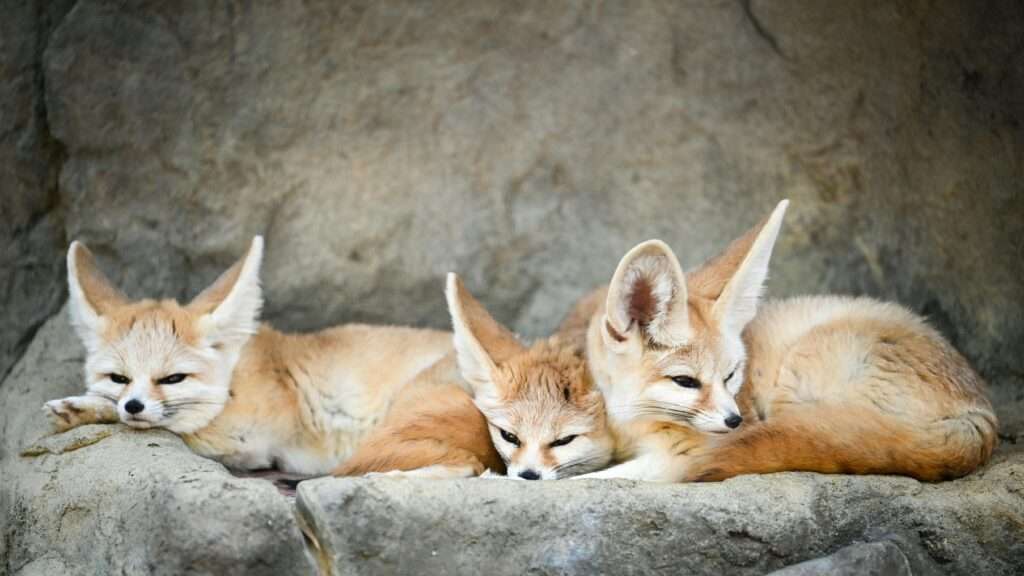
2. Fennec Fox
The Fennec is a small, geographical desert fox known for its characteristic of large ears and a friendly character. It is a common pet due to its charming nature and ability to form strong connections with human beings. One has to provide a place big enough because fennec foxes require space for movement and they are not easy to completely tame.
This means that they require temperature-controlled surroundings and a diet equal to their natural habitat to be healthy and happy.
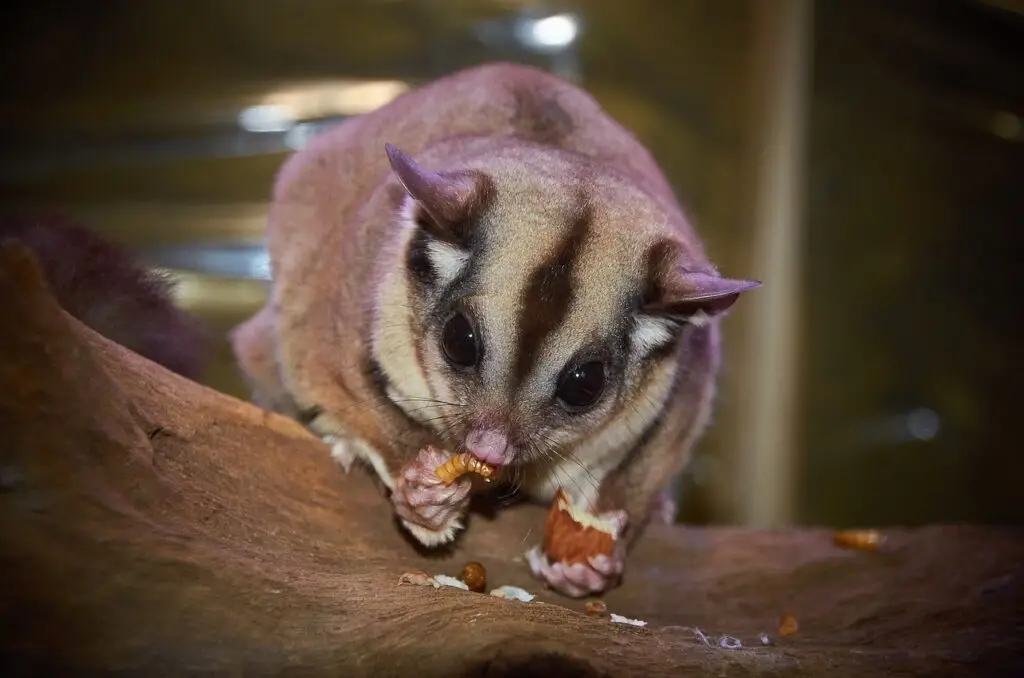
3. Sugar Glider
Sugar gliders are marsupials that glide through the air and are very small and need a great deal of care and attention. In couples or groups, these animals who live by night do well and need big cages that have many levels for gliding and playing. They should consume vegetables, fruits, and special food meant for them. Sugar gliders are loving creatures and need regular contact with people so that they do not get anxious.
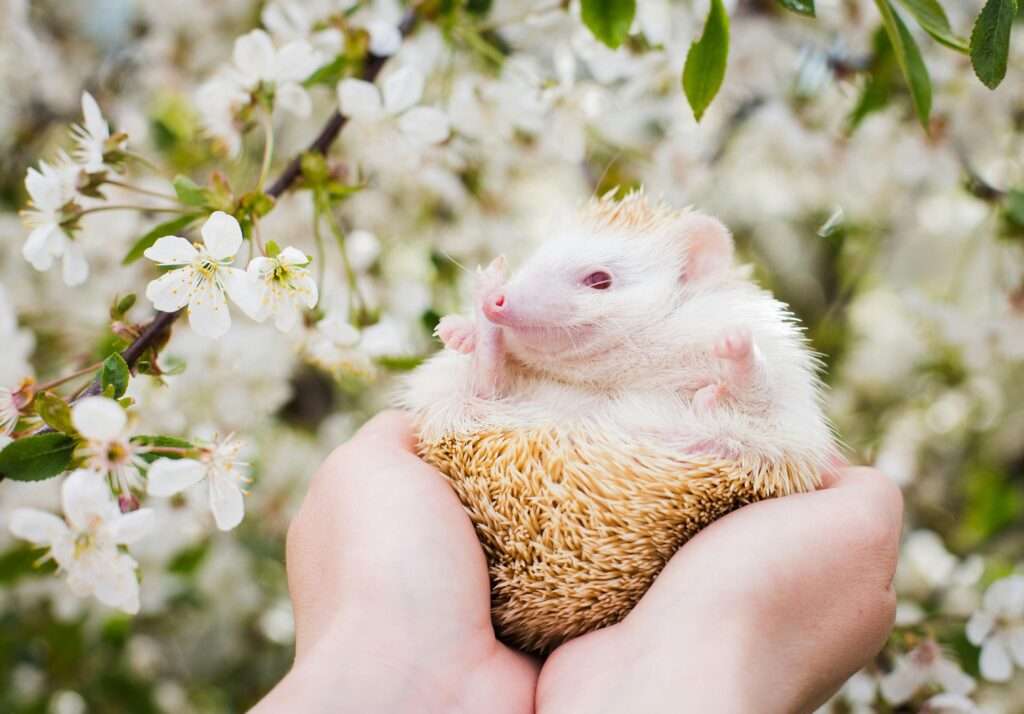
4. Hedgehog
A hedgehog is a tiny animal that has fine prickly spines on its back. They are quite easy to look after when compared to other unusual pets however it requires warm temperatures and ample room for play to keep them as pets.
To keep them healthy one ought to feed them using a balanced diet of commercial hedgehog feeds and foods. Hedgehogs may not like being touched or grabbed; therefore, connecting with them needs time in terms of making friends with them.
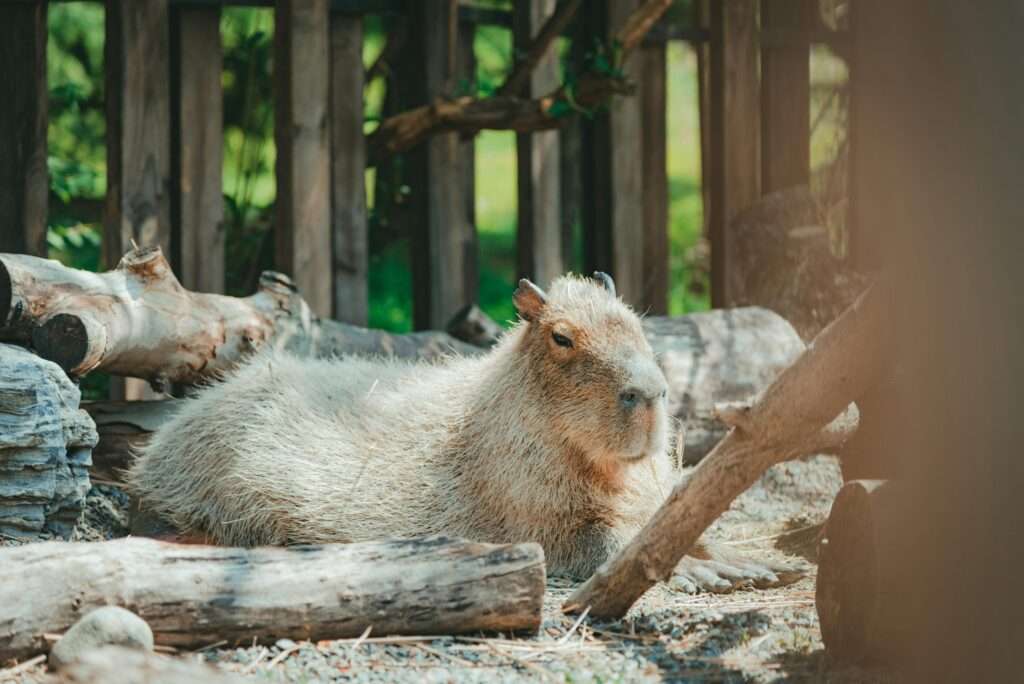
5. Capybara
The capybara is the world’s largest rodent and loves water. These are semi-aquatic animals that require a big space outside with water to swim through. They are always in groups, and they will need other animals for companionship to avoid boredom. Capybaras also require a diet that is high in fiber and a secure spacious environment.
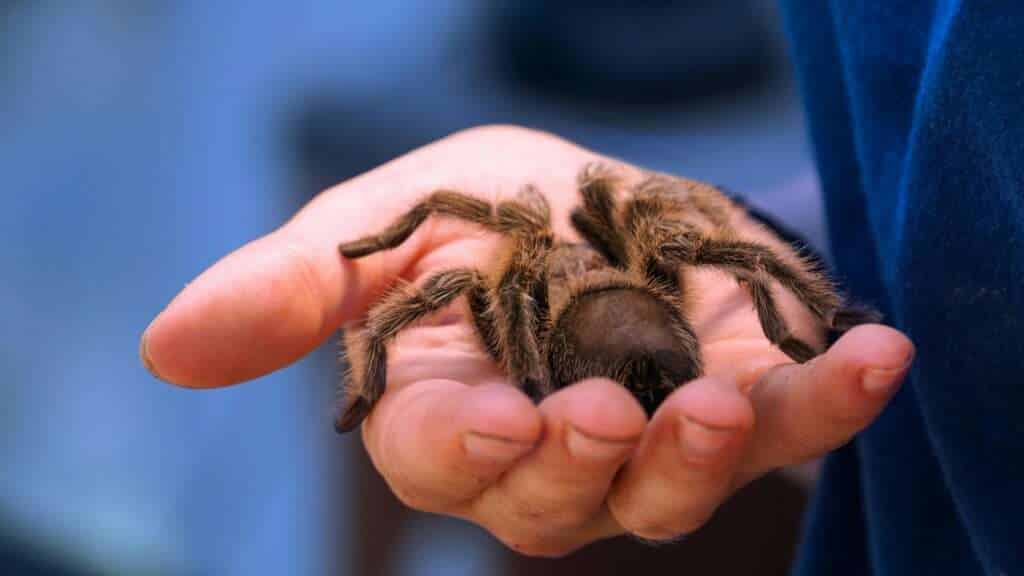
6. Tarantula
Tarantulas are large spiders that require little attention and are usually domesticated because they have interesting actions and lack demands in terms of attention. Their environment ought to be similar to that of the wild. However, they are mostly docile and can be handled safely. Feeding them on live bugs will ensure long-life Pygmy Goat

7. Pygmy Goat
Pygmy goats are small farm animals that are recognized for being very playful and sociable. They thrive well in a large outdoor setting as well as in the company of their kind. Consequently, they should consume a diet of grains, hay, and fresh vegetables while being subjected to regular medical checkups. This makes them excellent pets for playing with, however, they should be fenced properly and provided with a place to shelter to keep them well.
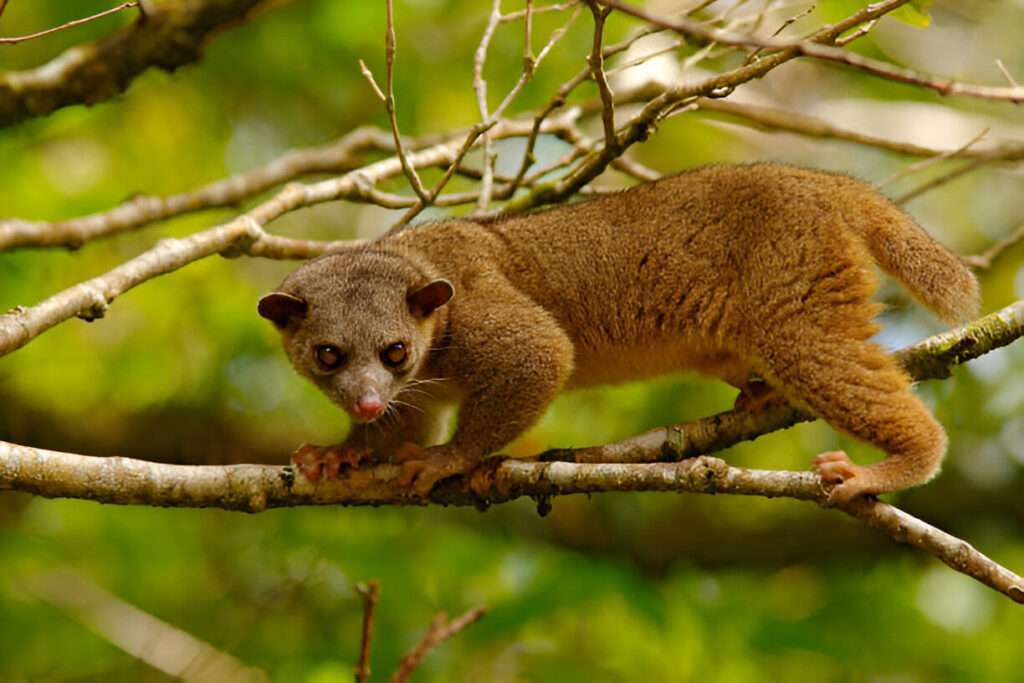
8. Kinkajou
The kinkajou is a rainforest mammal that is often referred to as the honey bear it is nocturnal has a prehensile tail and has a lot of energy. It is essential to have a big space and trees to make their home since they climb so much and also forage for insects on leaves.
Kinkajous are highly social animals meaning they require lots of playing each day. Their specific needs may only be met through experience in caring for them owing to their habit of only coming out at night or during specialized cases.
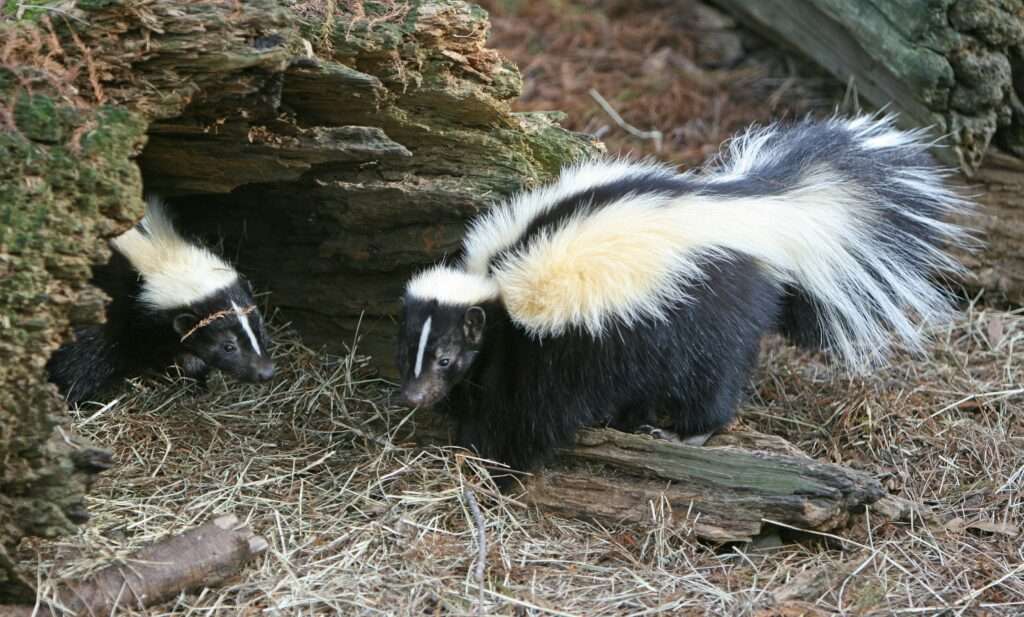
9. Skunk
Domesticated skunks, scent glands removed, can be quite affectionate and intelligent pets that can grow to be extremely close to their owners. Much attention will need to be dedicated to these clever creatures in terms of mental stimulation and regular grooming.
For skunks, a big, safe space is needed so that they can move freely and play there; they also require fruits, vegetables together with particular skunk food for their diet. Skunks are invaluable, demanding pets.

10. Alligator
Alligators are large, semi-aquatic reptiles. This species may be used as such an attractive and relatively unique pet for experienced owners, who like having rare and surprising animals. They need a large, safe enclosure with some access to water as well as land.
Alligators are animals that require a controlled environment; they thrive in certain temperatures and humid conditions. As well, alligators are meat-eaters and are a real challenge to care for, as they require constant supervision because alligators can become very aggressive and gain weight rapidly. However, it is an undertaking that requires a huge commitment and expert knowledge of reptile care, hence a task suitable only for those who are prepared for the challenges associated with the pet.
Where can I buy or adopt an uncommon pet?
1. Specialty Breeders
Reputable breeders for exotic pets can provide you with healthy animals and even give information about how to care for them properly. Be sure to check the reviews they have and guarantee that they have good ethical practices. Look into their background, ask them for references, and make sure they meet the high standards of animal welfare.
2. Exotic Pet Stores
Another breed deals with exotic and odd animals, so there is a wide variety of unusual pets. First of all, make sure that the pet store does everything well in their business, offering animals in healthy conditions. Inspect the shop and the pet before purchasing, whether it is clean and the animal is healthy.
3. Rescue Organizations
Many rescue groups and sanctuaries operating on the idea of exotic pets have animals needing a home. Such organizations can provide extensive background information and care considerations. Adopting from a rescue provides the animal with a second chance, above ethical sourcing.
4. Online Exotic Pet Forums
Exotic pet forums and online communities can help you find reputable breeders or adoption opportunities. Engage with experienced owners for recommendations and ensure any source you find adheres to ethical and health standards for animal care.
5. Veterinary Clinics
Veterinary clinics specializing in exotic pets can also provide you with leads for trusted breeders and rescue organizations. They can also provide information on available animals, assisting you in ensuring the health and care needs of the pet are adequately covered.
Considerations for Owning Uncommon Pets:
1. Legal Restrictions
- Local Regulations: Rules and regulations regarding the legality of keeping pets seem to be quite complicated, it depends. Certain animals may not be allowed or may need specific permits. Always make an effort to find out from local authorities or other organizations dealing with exotic animals to adhere to legal requirements.
2. Specialized Care
- Understanding Needs: Unusual pets typically have dietary, environmental, and social needs specific to their requirement. Such research and understanding will be fundamental in delivering the right care. For instance, this may make for an appropriate habitat and access to distinctive forms of sustenance.
3. Cost
- Financial Commitment: Apparently, the cost of caring for uncommon / weird pets is very high. These include the purchase price, habitat setup, specialized food, and veterinary care. Budgeting for such expenses is essential in ensuring long-term care.
4. Commitment
- Long-Term Care: Many exotic pets live long and thus must be cared for and attended to regularly. Such pets thus demand a long-term commitment, with regular maintenance in the habitat besides solving any health problem specific to them.
5. Ethical Considerations
- Welfare and Conservation: One of the ethical considerations in owning an exotic pet is that only respectable sources be made use of in acquiring the animal, as well as consideration for its welfare.
FAQs
Are Uncommon pets legal to own?
Legal restrictions on having strange pets vary by place. Some exotic pets are strictly prohibited in some areas for purely ecological and safety reasons. Make sure to check on the local regulations on owning a strange pet, and if needed, apply for the necessary permits.
What are the risks of owning an Uncommon pet?
Some of the risks include health risks to humans, associated challenges with intricate care needs, and the risk of stress or unhealthy conditions for the pet. The risk also involves the transmission of an exotic disease carried by an exotic pet to a human being. The awareness of the risks and the necessary preparation will help in averting some issues.
How do I choose the right Uncommon pet for me?
Choosing an unconventional animal compels a need to analyze oneself, one’s dwelling, and one’s readiness to adhere to particular care needs. Explore feeding habits, environment, and life span among other prerequisites per species. Think about your time availability for the pet and the legality factors in your country or locality.
Conclusion
While such pets are certainly not conventional, they can be unique and rewarding for the right owner. All of these animals have specific needs and characteristics requiring research and a great commitment. If you are interested in including one of these unusual pets in your life, make sure you are fully prepared for the responsibility they carry.

